Princeton University Athletics
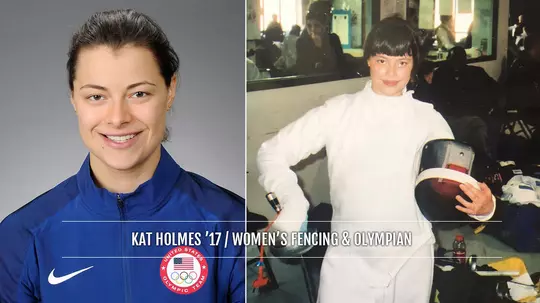
Kat Holmes ’17 / Women’s Fencing & Olympian
City, State / Workplace / Title
Princeton, NJ/Princeton University/Research Assistant
Medical Specialty / Other Degrees (MBA/MPH, etc.)
I'll be starting medical school at the Icahn School of Medicine at Mt. Sinai in fall 2021. As of now I want to enter orthopedics/sports medicine so I can help the next generation of athletes achieve their goals!
What made you choose a career in healthcare?
Competing at a high level for almost 20 years, I have had my fair share of injuries and seen many an orthopedic surgeon and sports medicine doctor. I was always fascinated by how my body broke, and how it healed - so much so that one of my doctors asked if I was interested in shadowing him. On my very first day, I got to see a seven hour scoliosis correction surgery. I was hooked. I knew that one day I was going to trade in my epee for a scalpel.
What is the focus of your work today?
For the past ~6 years I have researched sports-related concussions at the Dettwiler Lab at the Princeton Neuroscience Institute. We use a special type of MRI called diffusion tensor imaging (DTI) to track the recovery process and look at the long term effects of concussion on the white matter of the brain.
How has your work changed in the face of COVID-19?
There is nothing quite like being a Princeton student-athlete to help prepare you for just about anything... I knew that one day I was going to trade in my epee for a scalpel.Kat Holmes
My work consisted mainly of image and data analysis, so the only thing that really changed as far as my work went was that I worked remotely as opposed to going into the lab. Luckily, given the stage of the study, my lab was still able to keep working consistently throughout the pandemic.
How did being a Princeton student-athlete prepare you for the challenges you’ve faced?
There is nothing quite like being a Princeton student-athlete to help prepare you for just about anything. During the height of my competitive season, I would be gone almost every weekend October-May, all while balancing a pre-med course load. I had to be more than on top of my work, I had to be ahead of it in order to make sure that I could perform at the peak of my ability both athletically and academically. I learned how to manage stress. But I think the most important thing I learned was that, if you put your mind to it and you work hard enough, even if people tell you something can't be done, its impossible and you're crazy—actually, as long as you stick to your plan and stay focused, you can really do anything.
What keeps you inspired as you look ahead?
I want to be the best that I can be. Whatever I am tackling, the Olympic stage or the operating room, I want to leave it all on the line. At the end of everyday, I want to know that I gave it my all, that my best self was out there. I hate the idea of "what if?" Hindsight is always 20-20, but I don't want to finish anything with the question of "what if I had done this to prepare" or "what if I had done that?"
Medical School / Other Affiliations
Icahn School of Medicine / Team USA Olympian
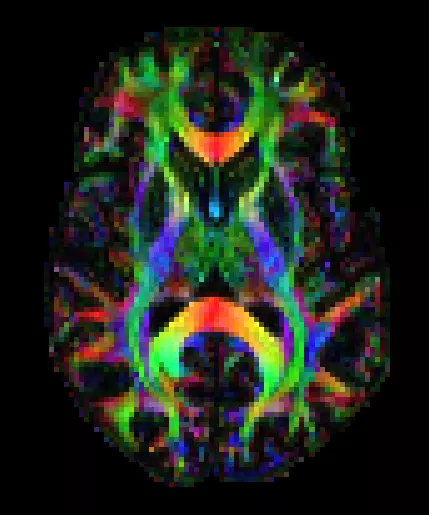
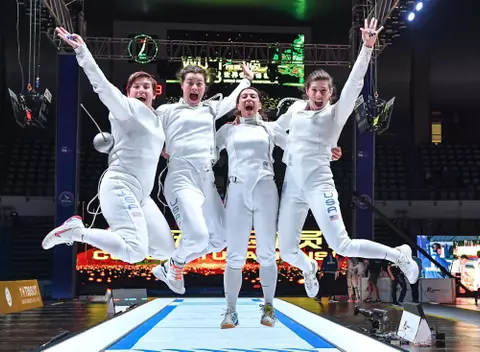
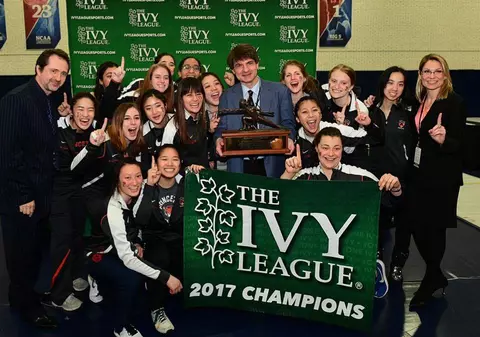
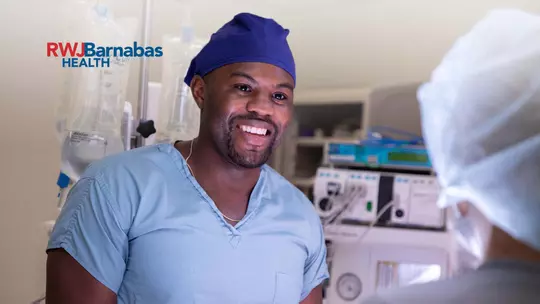
Tiger Heroes
In partnership with RWJBarnabas Health, the official health care system of Princeton Athletics, “Tiger Heroes” honors front line workers and health care leaders from our alumni community. This digital and social series highlights alumni from all 37 varsity sports programs who have risen to the challenge since the onset of COVID-19. We also recognize special Princeton friends and family. Nominations may be sent to Jess Deutsch, Princeton's Associate Director, Student-Athlete Services: jdeutsch@princeton.edu

.png&width=24&type=webp)







